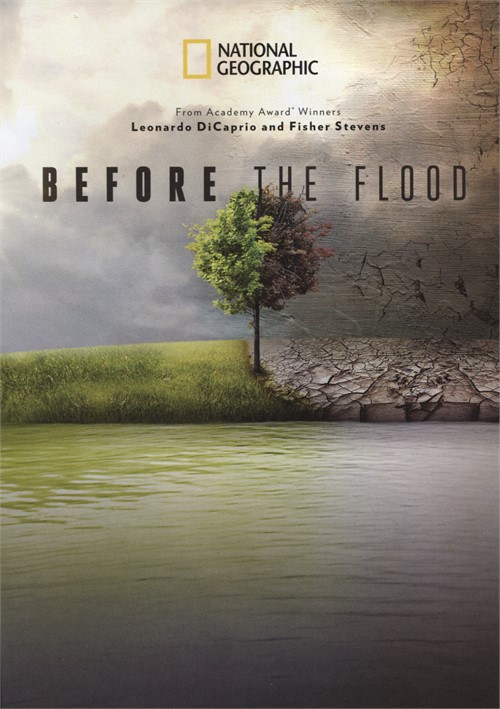
Perhaps this is an actual remnant from the original book of Enoch which has been preserved in the book of Jude. We do know from the book of Jude, verse 14, that Enoch was a prophet, and he prophesied that the Lord would come with ten thousand of His saints, to exercise judgment on all, and to convince all the ungodly of all their deeds of ungodliness which they have committed in such an ungodly way. We don’t know how much to accept as true history in these books. Actually there are really three so-called “Books of Enoch.” Here again, though, most likely most of the books of Enoch were written about the time of Christ. We have some books that have come down to us, which purport to describe the conditions before the Flood -for example, the book of Enoch.
BEFORE THE FLOOD HOW TO
With all these legends of the world before the Flood found around the world, if we only knew how to sift the wheat from the chaff, we might have some information of the pre-Flood world. There are stories about Atlantis and other vanished civilizations. These may be recollections, perhaps wishful thinking, of a world they once knew. All these legends speak of a golden age way back long ago in history.

If we knew how to sift the mythological from the factual, perhaps we could derive some information from these sources of the world before the Flood. There is bound to be some basis of fact in many of these ancient legends and traditions. We do have also the mythologies of the early peoples.

Noah probably, however, took only those records which were of direct interest in connection with the divine promises. They then ultimately formed the basis of Genesis as written by Moses. These records were carried on to the Ark and were preserved. I would believe, personally, that the record of the early chapters of Genesis were originally written by the antediluvian patriarchs – Adam, Noah, etc., perhaps on tables or stone. Undoubtedly, Noah took some records with him into the Ark. Only Noah and what he took with him were preserved. Of course, the problem there is that the very purpose of the Flood was to destroy mankind and all his works. So we ought to be able to turn to secular history in some way for information about the world before the Flood. Genesis 5 also tells us that they were able to develop musical instruments, metal-working instruments, etc., and this all implies some kind of means of written communications and records. We read in Genesis 5 of the “book” of the generations of Adam (Genesis 5:1), for example. There was certainly a civilization before the Flood, and presumably, the people had a written language.

We might look first for clues in secular history. This is why we don’t know too much about how it happened or what the ante-diluvian world was like. The entire structure, the entire system that then was, perished. Our belief that the entire world was destroyed in the Flood is based especially on II Peter 3:6, where it says the “kosmos,” the whole world that then was, was “cataclysmed” (Greek “kataklusmos”) with water and perished. Peter says that the whole world at that time perished by a great cataclysm of water. To discuss the pre-Flood world with meaning, we therefore have to think in the framework of Biblical history, in terms of thousands rather than millions of years, in terms of six days of creation culminating in a perfect and finished world, in terms of the introduction of sin and God’s curse on creation, and finally, of the destruction of the world as it then was in the waters of the Flood. One would then have to think in terms of a local flood, and the world before such a flood would be no different from the world after the flood. If we are thinking in terms of five billion years of earth’s history, about one or two billion years of life’s history, and about one or two million years of human history, the study of the world before the flood would be more or less without meaning. To discuss this topic meaningfully, we necessarily must think in terms of a recent creation.


 0 kommentar(er)
0 kommentar(er)
